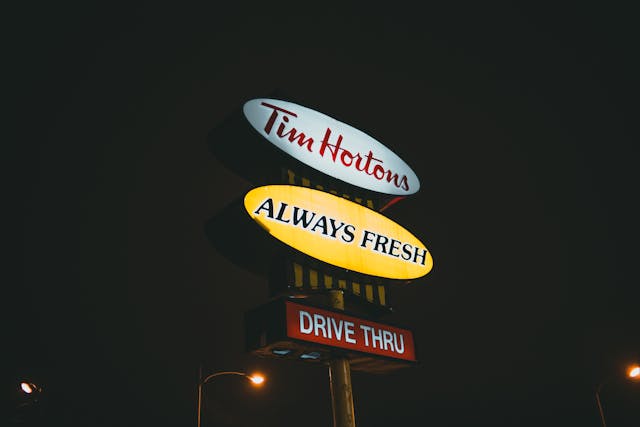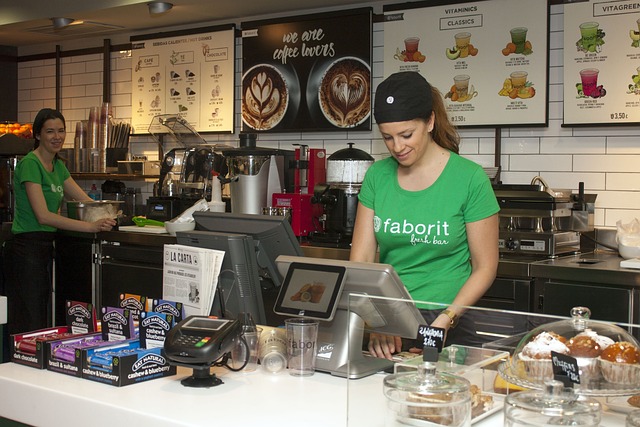Deciding whether to buy a franchise or start an independent business is a major choice facing entrepreneurs. Both options have their own pros and cons in terms of costs, branding, risk, and control. This article examines key differences between owning a franchise and launching your own small business from the ground up to help prospective owners make the best decision.
Joining an Established Brand
One of the main benefits of buying a franchise like https://dothebeach.com/ is that you are joining an established brand. Franchises have an existing reputation, proven business model, loyal customer base, and national marketing campaigns. This gives franchise owners a head start compared to independent business owners who are building a brand from scratch. Franchises provide training programs and operating procedures so owners can get up and running quickly under the banner of an already successful brand. This can help attract customers and leads faster than an unknown start-up.

Lower Risk
Buying into a franchise often carries less risk than starting an independent small business. Since the concept has already been proven successful by the franchisor, there is less uncertainty about whether the business will work in a given market. The failure rates for new franchise outlets tend to be lower than failure rates for independent start-ups in the same industries. Franchisors provide training and ongoing support which improves the chances of success. Of course, becoming a franchisee still carries financial risk and requires hard work, but franchising is generally perceived as a lower-risk avenue for aspiring business owners.
Upfront Costs
The initial investment required to purchase a franchise is often significantly higher than starting an independent business. The franchisor usually requires an upfront franchise fee, which can be tens of thousands of dollars or higher. Franchisees also have to pay for training, software systems, real estate, equipment, marketing plans, inventory, and more based on the requirements of that particular franchise. These costs mean the barrier to entry as a franchisee is higher. For independent start-ups, it’s possible to get off the ground with a much smaller investment, depending on the type and scale of the business.

Ongoing Fees
In exchange for the benefits of joining an established brand, franchisees have to pay ongoing royalty and marketing fees. This regularly cuts into the franchisee’s profit margin. Independent small businesses can reinvest their profits back into growing the company once their original start-up costs are covered. Franchisees have less leeway over where their profits go since they have to keep paying fees to the parent company. These ongoing costs need to be factored in when evaluating the potential return on investment of becoming a franchisee.
Branding Restrictions
Franchisees have to adhere to the branding and operations guidelines set by the franchisor. This usually means using the franchisor’s logos, products, services, and marketing messages. Franchisees have little control over the brand image or customer experience being cultivated at the national level. Independent businesses have more flexibility to shape their own brand identity and customer experience from the ground up. However, franchisors impose restrictions to protect brand consistency across all franchise locations.
Buying a franchise offers a proven business model, training, and a ready-made brand, but requires more upfront capital and ongoing fees. Starting an independent business is riskier but allows for more control over branding and costs. Weighing these factors helps determine whether franchising or an independent start-up is the better route for an aspiring business owner.

